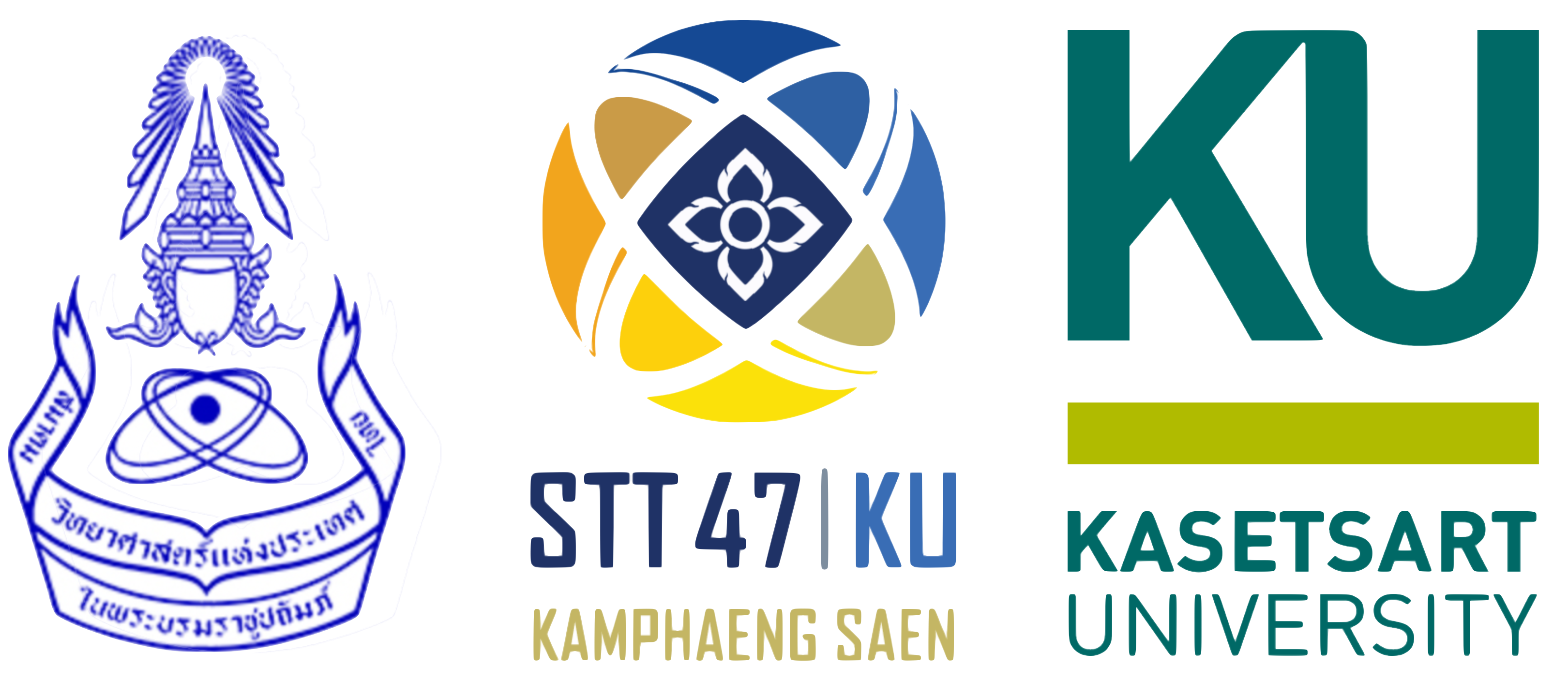Symposiums
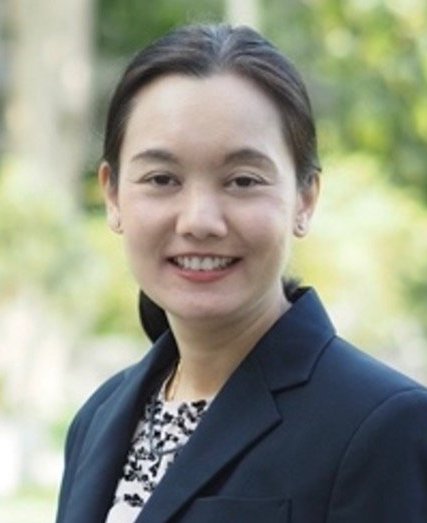
SYMPOSIUM A: Acceleration of Sustainability towards Biobased Technological Platform Development
Chair: Assoc. Prof. Dr. Nuttha Thongchul
Co-Chair: Assoc. Prof. Dr. Suwattana Pruksasri
Co-Chair: Dr. Siwaruk Siwamogsatham
As worldwide goals, the Sustainable Development Goals (SDGs) deliver a powerful determination for improving our planet. Fulfilling the SDG targets will take an unprecedented effort by all sectors in society. Recently, exploring the pathways to producing fuels and platform chemicals from sustainable feedstocks has attracted increased interest from researchers to entrepreneurs. With SDGs tools, future fuels and chemicals will be most likely produced from sustainable feedstocks. Renewable biomass including agricultural residues, municipal wastes, and industrial wastes is considered to be the sustainable resource with the potential to deliver renewable fuels and bio-based chemicals. In the past decade, research has been focusing on development of technologies to produce drop-in fuels/chemicals which could be used “as is” to substitute for conventional petroleum-derived fuels/chemicals. Bio-based functional replacement chemicals and novel products are promising new area of interest to academia and industry. This symposium aims to feature the current advancements in sustainable fuels/chemicals and identify the challenges in developing the novel conversion technologies via biological and/or chemical related pathways. All papers from both academia and industry relevant to novel sustainable product development and conversion technologies are invited. The topics include but are not limited to:
- Biological or chemical production of drop-in bio-based fuels/chemicals from biomass;
- Biological or chemical production of bio-based chemicals with functional replacement of the petroleum-derived products;
- Biological or chemical production of novel products;
- Drop-in or novel chemicals produced from other carbon feedstocks including municipal wastes, food wastes, waste fats/oils and other non-food/feed and renewable feedstocks
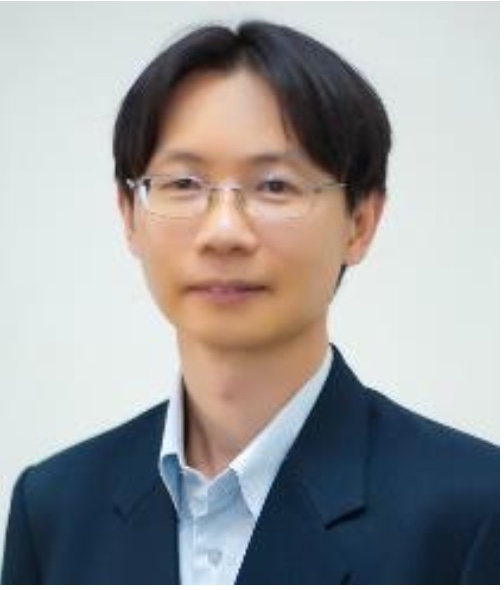
SYMPOSIUM B: CHALLENGES OF QUANTUM SCIENCE AND TECHNOLOGY TOWARDS SUSTAINABLE DEVELOPMENTS
Chair: Assoc. Prof. Dr. Anucha Watcharapasorn
Co-Chair: Asst. Prof. Dr. Narupon Chattrapiban
Co-Chair: Asst. Prof. Dr. Sujin Suwanna
Co-Chair: Dr. Pimonpan Sompet
Co-Chair: Dr. Nithiwadee Thaicharoen
Co-Chair: Dr. Nuttachai Jutong
As the world moves forward to achieve sustainable developments, how Quantum Science and Technology can help pave the way to attain these goals is certainly a great challenge. It has recently become apparent that with worldwide academic and research collaboration, the transition from basic quantum research to commercial applications will create the next generation of disruptive technologies that will impact local and global societies in various aspects. This symposium aims to introduce advances in quantum science and technologies that provide better solutions to grand challenges in such fields as energy, health, security and environment. Based on “superposition”, a property from which objects can be in different states at the same time, and “entanglement”, where they can be inherently correlated without any direct physical interaction, Quantum Mechanics can be implemented in a wide range of applications. For example, quantum computation can provide a breakthrough in the design of new chemical processes, new materials and medical drugs, new paradigms in machine learning and artificial intelligence. With the effects of quantum entanglement, data can be completely and securely protected within the network and in long-range communication. Quantum technologies will also give rise to clocks and sensors with unmatched sensitivity and accuracy, with potential impact in navigation, synchronization of future smart networks and medical diagnostics.
Potential Topics
All contributed presentations and papers from academia, research institutes, private sectors and industries are welcome. The symposium aims to cover the following (but not limited to) topics in theory, simulation and experiment.- Quantum computation, including quantum simulation, quantum computing software and algorithms, quantum control, quantum machine learning,
- Quantum materials science, including quantum engineering
- Quantum metrology, sensing and imaging
- Quantum communication, including quantum network, cryptography, quantum key distribution, quantum internet
- Quantum information
- Foundation of quantum theory, including measurement theory, quantum trajectories, quantum stochastic process
- Applications of quantum in fields such as economics, finance, and other sciences
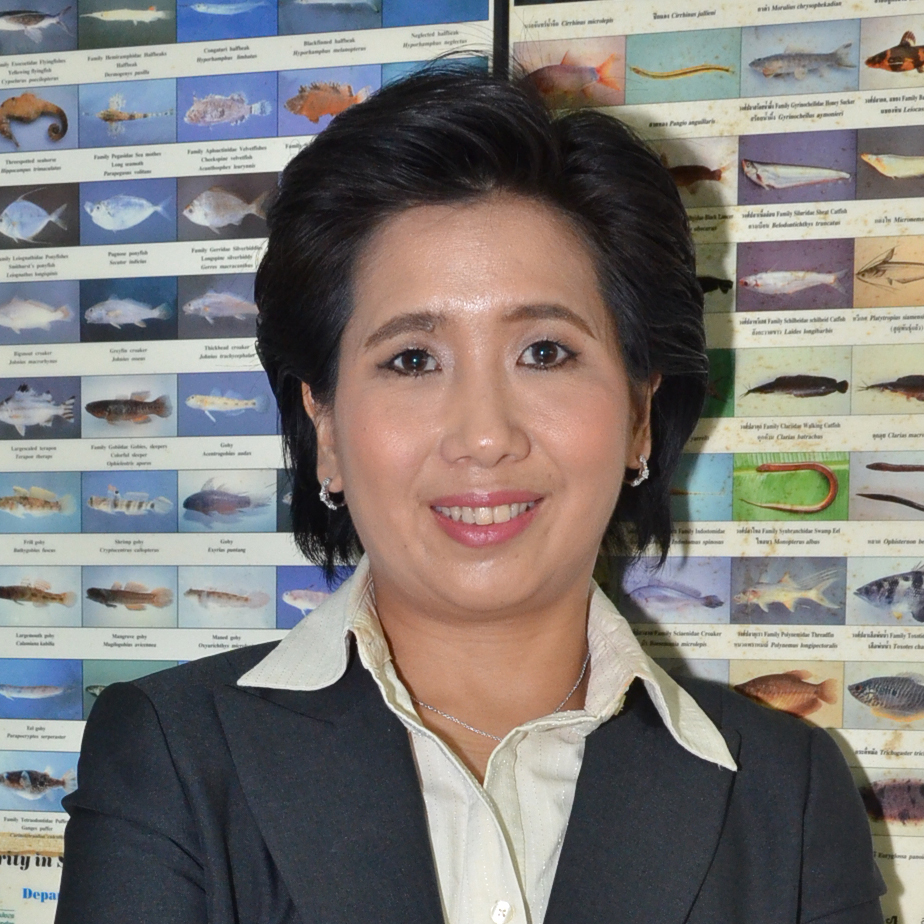
SYMPOSIUM C: Conservation and restoration in a changing world
Chair: Dr. Suchana Chavanich
Co-Chair: Dr. Nontivich Tandavanitj
Our environment has been threated and impacted globally by anthropogenic activities, and the impacts are predicted to worsen in the next decade. How can we reimage conservation in our rapidly changing world? What are the key knowledge gaps that must be urgently addressed for a better conservation ? What are the challenges for conservation and restoration of the ecosystems ? This session welcomes presentations on both basic and advanced research topics related to conservation and restoration of the ecosystems including but not limited to novel tools and technological innovations, successful approaches and insightful lessons, engagement and participation of communities, and transdisciplinary collaborations.

SYMPOSIUM D: Crystallography
Chair: Prof. Dr. Nongnuj Muangsin
Co-Chair: Assoc. Prof. Dr. Kuakarun Krusong
Co-Chair: Asst. Prof. Dr. Kittipong Chainok
X-ray crystallography is the experimental science and is by far the most powerful method to determine the arrangement of atoms of a crystalline solid in three-dimensional space. This method has been used in structural chemistry and biological macromolecules for over a century. In the biological crystallography, three-dimensional structures of molecules such as proteins and nucleic acids are determined at atomic level. This helps us to understand the basic mechanisms of biomolecules, as well as aid in novel drug discovery. In chemical crystallography, the determination of crystal structures of organic, organometallic and coordination compounds (i.e. coordination polymers and metal-organic frameworks) is of great importance and highly valuable for understanding the structure-property relationship as well as supramolecular interactions (such as hydrogen bonds, halogen bonds, and π–π stacking) of the crystalline solids. Moreover, it also brings about crystal engineering for better structural design and achievement of desired functionalities.

SYMPOSIUM E: Environmental (Ecological) Impact of Microplastics and Technological Potential for Microplastic Waste
Chair: Assoc. Prof. Dr. Taeng On Prommi
Co-Chair: Asst. Prof. Dr. Akekawat Viteepradit
Co-Chair: Asst. Prof. Dr. Orawan Chunhachart
Co-Chair: Asst. Prof. Dr. Kamontip Kuttiyawong
An increasingly serious and widespread problem of microplastics in ecosystem and impacts on food chains, the particular challenge and perspective of the smart technology can play a vital role in microplastic pollution crisis. The symposium aims to bring together leading academic scientists, researchers and research scholars to exchange and share their experiences and research results on all aspects of microplastic and its impacts and potential technology to eliminate microplastic waste and reduce microplastic pollution.
The symposium focused on four themes:
- Monitoring and detection of microplastics in the environment
- Impacts of microplastic pollution on animal and human health
- Plastic waste management, recovery and conversion
- Smart technology for microplastic waste management
- Biotechnological approach for biodegradable of plastic
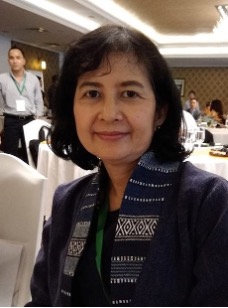
SYMPOSIUM F: Forest Biodiversity, Climate Change, and Sustainable Use for Saving Life on Earth
Chair: Asst. Prof. Dr. Oraphan Sungkajanttranon
Co-Chair: Asst. Prof. Dr. Sravut Klorvuttimontara
Co-Chair: Dr. Patchanee Vichitbandha
Human needs everything for living in daily life from nature. Biodiversity and ecosystem service are important and must be used carefully for sustaining life on earth. Human activities and climate change are the major causes effected to living things and livelihoods of people. These also play an important role in transmissible diseases between animals and humans. Forest Ecology and biodiversity are important and play a major role in the fight against climate change. People need forest products and services, but the forests should not be deforested or changing by desertification.
We should talk together about vegetation, wildlife, insect, fungi, microorganisms, software and predict models, medicines, and products from the forest research. Let’s lighten and forced the ideas for helping and saving life on earth together and to the next generation.
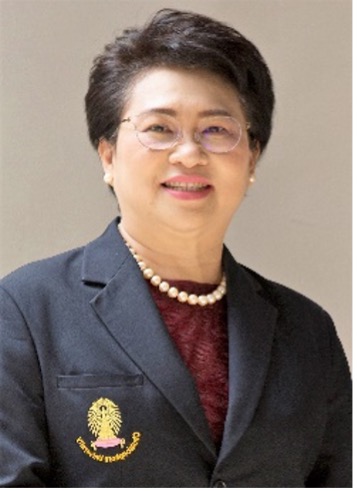
SYMPOSIUM G: How chemistry can resolve for COVID-19 pandemic
Chair: Prof. Dr. Orawon Chailapakul
Co-Chair: Dr. Sudkate Chaiyo
Recently, Coronavirus disease (COVID-19) is emerging as a global pandemic caused by severe acute respiratory syndrome coronavirus 2 (SARS-CoV-2). Globally, as of now, there have been about a billion confirmed cases, including 2 million deaths, reported to WHO. Due to the pandemic's current situation, knowledge and infection prevention have been continuously observed and developed. Chemistry also provides their essential contribution to the global fight against this outbreak. An understanding of viral structure to the isolation of vaccines as well as the development of materials and methods for diagnostic is played as a crucial role for chemistry area to tackle the covid-19 situation. This session aims to highlight cutting-edge chemical science research, including characterizing virus structure and mechanism of infection, novel compounds and their mechanism to inhibit virus structure for the treatment of COVID-19, advanced biosensing technologies for the rapid diagnosis of COVID-19, and other related. This will be achieved by taking the exploitation of a multidisciplinary approach. We hope this session will provide an opportunity for bringing together the chemists to help tackle the pandemic outbreak so as to open up new possibilities with practical use.
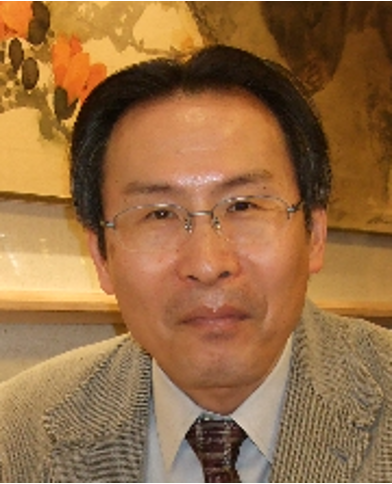
SYMPOSIUM H: Metal-Organic Composites in Material Science
Chair: Prof. Dr. Takiumi Konno
Co-Chair: Assoc. Prof. Dr. Preeyanuch Sangtrirutnugul
Co-Chair: Dr. Thanthapatra Bunchuay
The design and creation of metal-organic composite materials have been an important research subject in material science due to the synergistic functionalities arising from organic and inorganic components. Most of this class of materials involve the direct contacts between metallic elements and organic parts in a microscopic revel, which are well described as coordination bonds. Therefore, the profound understanding of the structures and functionalities of metal-organic composite materials based mainly on coordination chemistry is necessary for future development of material science. This session will focus on the design, structures, and functionalities of metal-organic composite materials that involve coordination compounds. We welcome papers discussing the molecular and solid structures containing metal centers, which lead to attractive solid-state functionalities, such as adsorption of molecules, dielectric properties, conducting and transporting phenomenon, catalytic activities, and photophysical properties.

SYMPOSIUM I: Premium Agriculture: A Pathway toward Sustainable and Inclusive BCG Economy Model
Chair: Dr. Worajit Setthapun
Co-Chair: Assoc. Prof. Dr. Poonpat Poonnoy
Co-Chair: Dr. Soracha Dechaumphai
Co-Chair: Asst. Prof. Dr. Pongsathorn Dechatiwongse
Bio-Circular-Green (BCG) Economy Model was conceptualized and promoted by the Thai government as a strategy to drive economic and social development. The model not only capitalizes strengths in robust agricultural activities in Thailand, but it also embraces different social and economic contexts in other countries that also aspire for an inclusive and sustainable growth. Bioeconomy, or bio-based economy, refers to the use and production of renewable biological resources especially in food, medical, and bioenergy sectors. Circular economy is based on the principles of reusing and recycling resources, extending product lifespan, and relocating waste efficiently. Green economy aims at an ultimate goal of sustainable development in a low carbon, resource efficient, and environmental-friendly society. Practically, the model conforms with the UN Sustainable Development Goals (SDGs) with an alignment in at least four goals: Goal 7 clean and affordable energy, Goal 11 sustainable cities and communities, Goal 12 responsible consumption and production, and Goal 13 climate action. Sustainability and inclusivity are essential factors of the BCG Economy Model to engage key stakeholders which will eventually create growth of local and global business opportunities, rate of employment, and countries’ GDP. In particular, this session focuses on the way to develop the premium agriculture scheme as a part of the BCG Economy Model to upgrade the practices and product quality in the agricultural sector. Agricultural sector has been a basis for the economic and social development in Thailand so far, and it can serve as a good starting point of the discussion which can be further extended to other areas within BCG Economy, including food; medical and wellness; bioenergy, biomaterial and biochemical; and tourism and creative economy. Findings based on scientific research and technological development presented in this session will encourage an international collective effort of promoting the sustainable and inclusive growth through the concrete idea of the BCG Economy Model.
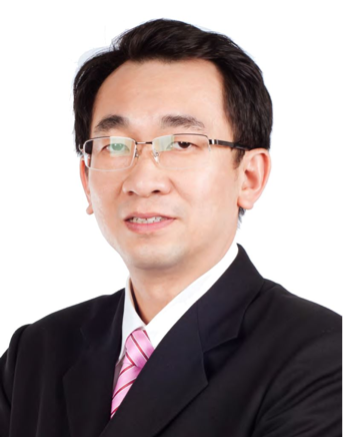
SYMPOSIUM J: Sustainable Hydrogen Production for Greener Environment and Chemical Products
Chair: Prof. Dr. Suttichai Assabumrungrat
Co-Chair: Asst. Prof. Dr. Pattaraporn Kim- Lohsoontorn
Co-Chair: Assoc. Prof. Dr. Suwimol Wongsakulphasatch
The global hydrogen demand is found to continuously increase each year with the market value at hundreds of billions of dollars per year. Hydrogen can be used safely for a wide range of applications, i.e., in food, metal, glass and chemical industries. In addition, according to energy crisis and environmental concern, hydrogen is considered as a straightforward solution to issues related pollution and global warming. Hydrogen has been driven to become one of alternative energy carriers as well as used in carbon dioxide conversion to higher-valued products. To meet the requirement of global demand, technologies to produce hydrogen are therefore essential and is considered as significance.
This conference session on “Sustainable Hydrogen Production for Greener Environment and Chemical Products” aims to gather outstanding researches and the comprehensive coverage of all aspects related to the hydrogen production technology for greener environment and chemical products. This session will bring together high-quality research on the different aspects of hydrogen production technology including current status and remaining challenges. Topics include, but not are limited to:
- Hydrogen production technologies, including chemical, electrochemical and biological processes
- Theoretical and experimental investigation for hydrogen production process design
- Integrated process development relating to the production of hydrogen and its utilization
- Hydrogen in CO2 conversion to higher-valued products
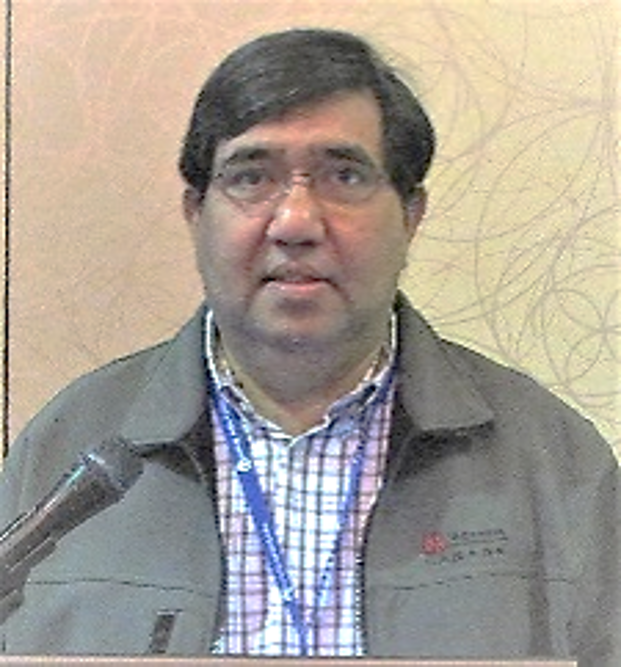
SYMPOSIUM K: Sustainable Use of Marine Biodiversity
Chair: Assoc. Prof. Dr. Thamasak Yeemin
Co-Chair: Asst. Prof. Dr. Suchai Worachananant
Co-Chair: Asst. Prof. Makamas Sutthacheep
Marine biodiversity is comprised of several levels of organizations, from the genetic variability, to the species, populations, communities, and ecosystems. Over three billion people around the world depend on marine biodiversity for food and income, particularly fishing, mariculture and tourism. However, coastal and marine ecosystems have been greatly disturbed by over-exploitation of natural resources, habitat loss, pollution and climate change. In order to restore and conserve marine ecosystems, the sustainable use of marine biodiversity, from the shore to the deep sea, including coastal and offshore environments, is one of the key solutions for sustainable development. In this symposium, scientists and managers working in Thailand and other countries are invited to exchange their experiences in research, management, monitor and conservation aspects, focusing on sustainable use of marine resources. Some case studies from ecosystem services of sandy beach, mangrove, seagrass bed and coral reef ecosystems will be highlighted. The symposium will also cover the topics in ecotourism, capacity enhancement for monitoring and research, community-based management and marine protected areas.
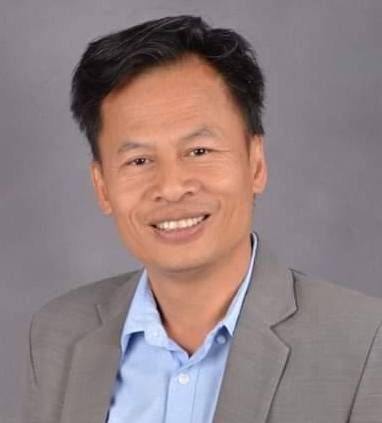
SYMPOSIUM L: The Sustainable Tourism Review in a post-pandemic 2022: Rebuilding Tourism to Sustainability
Chair: Dr. Chainarong Srirak
Co-Chair: Dr. Piyapong Ketpiyarat
Co-Chair: Patthaphon Sukjai
Covid-19 has disrupted tourism, hospitality, and leisure worldwide. It has also provided some space for academics, industry, and policy makers to think again about what tourism, hospitality and leisure are for, who they are for, and how they might be reconsidered as we transition into a post-pandemic future.
The purpose of this symposium series is therefore to ask some big questions about what tourism, hospitality and leisure stand for in the post-pandemic world. Their purpose has long been understood as going far beyond simply offering satisfying experiences for their customers to generate incomes for the organizations involved. The sectors are widely understood to be integrally involved in contributing to sustainable development in the long term but what is their role in securing reliance in the short-term? How might all three sectors be involved in attempting to enrich communities and achieve local economic development? What is their role in providing health and wellbeing benefits, and how can this role be better harnessed? How are three sectors to work more closely together in a post-pandemic world? These and other major questions for the tourism, hospitality and leisure sectors in the post-pandemic age will be considered.
Furthermore, the discussion panel also highlights the role of local communities and its leadership role for enhancement of sustainable tourism, thus how sustainable tourism could affect on wellbeing of local community under the shadow of SDG 1, 3 and 4. Similarly, the panel also discusses the role of sustainable logistics in tourism sector, which is beneficial for environmental sustainability.

SYMPOSIUM M: Tuberculosis: old disease, new approaches
Chair: Assoc. Prof. Roderick Bates
Co-Chair: Assoc. Prof. Pornpan Pungpo
Tuberculosis (TB), caused by Mycobacterium tuberculosis, is a serious disease that claims more than one million lives each year. In addition, one third of the world’s population is likely to be infected with the latent form of TB. The continuing challenge of TB is made greater for two reasons. The first is the appearance of drug-resistant strains. The second is that TB is likely to increase susceptibility to covid-19, and possibly vice-versa. Despite the seriousness of TB, most of the drugs currently used were developed decades ago and typically suffer from the disadvantage of requiring a very long treatment time to truly eliminate the bacterium.
This symposium on “Tuberculosis: old disease, new approaches” will bring together aims three researchers who are using cutting edge tools such as structural biology and computational design to create new drugs that will be effective against this remarkably challenging bacterium. The session will also include presentations by students working on diverse projects in this critical area.

SYMPOSIUM N: Solutions For Tomorrow: Dow sustainability to tackle world change
Chair: Miss Kanchana Un-Arom (Site Analytical & Quality Leader)
Co-Chair: Mr. Nattapong Jirawattanaworakul (Site Public Affairs Leader)
Co-Chair: Dr. Soparat Yudthavorasit (Senior Analytical Specialist)
Sponsored by


SYMPOSIUM O: Symposium on Science education for Sustainability - Literacy for all
Chair: Dr. Ganigar Chen
Co-Chair: Asst. Prof. Dr. Supakorn Boonyuen
Co-Chair: Asst. Prof. Dr. Watcharee Ketpichainarong
Co-Chair: Asst. Prof. Dr. Chanyah Dahsah
Education is a crucial element for preparing citizen to approach toward the Sustainable Development Goals. Particularly, scientific literacy is the cornerstone of SDG awareness and action. This symposium aims to be an effective platform for research communication among educators and researchers whose working on the interaction between science education and sustainable development by sharing best practice and carrying dialogue. The special attention will be paid to SDG3: Good Health and well-being, SDG6: Clean Water and Sanitation, SDG10 Sustainable cities and community, SDG12: Responsible Consumption and Production and SDG13: Climate Action but other topics linked science education to other SDGs also welcomed. The symposium is open for all levels (from kinder garden to vocational) and any styles (whether formal or informal or anything in between) of education.
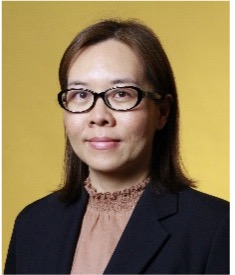
SYMPOSIUM P: Sustainable Food Systems for good health and well-being
Chair: Assoc. Prof. Dr. Chaleeda Borompichaichartkul
Co-Chair: Assoc. Prof. Dr. Cheunjit Prakitchaiwattana
Co-Chair: Assoc. Prof. Dr. Kitipong Assatarakul
The occurrence of coronavirus disease (COVID-19) pandemic leads to changes of lifestyle and working system, moreover it causes a high impact on a falling of world economy. Health and well-being problems are increased in attention markedly due to impact of COVID-19. Along with the occurrence of pandemic, according to WHO, about 690 million people were undernourished at the end of 2019 and absent rapid interventions, the COVID-19 pandemic could force an additional 130 million people into chronic hunger. Poor nutrition causes 45 per cent of deaths in children under five – 3.1 million children each year. Limitation of transportation during pandemic leads to food losses. Each year, an estimated one third of all food produced ends up rotting in the bins of consumers and retailers, or spoiling due to poor transportation and harvesting practices.
Sustainable food systems support adequate nutrition, which helps people of all ages to achieve good health. Rebuilding our food systems to make them more sustainable, productive and resilient is essential--for solving long-term hunger challenges and managing acute shocks, like disease outbreaks and climate extremes. Sustainable food systems reduce waste and spoilage, and empower consumers to make smart choices in their food shopping and other innovations, sustainable food systems can deliver widespread benefits to people and plane.
This session of “Sustainable Food Systems for Good Health and Well-being” opens for these following areas.
- Food cultivation and postharvest
- Food processing and engineering
- Food packaging and quality control
- Product development of healthy and functional foods and ingredients
- Zero waste in food systems
- Food Logistic and supply chain
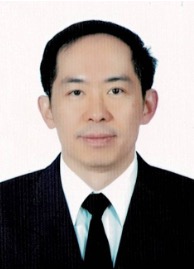
SYMPOSIUM Q: Advance in Science and Technology to accelerate decarbonization for Industries
Chair: Dr. Sumate Chareonchaidet
Co-Chair: Dr. Jirut Wattoom
Sponsored by
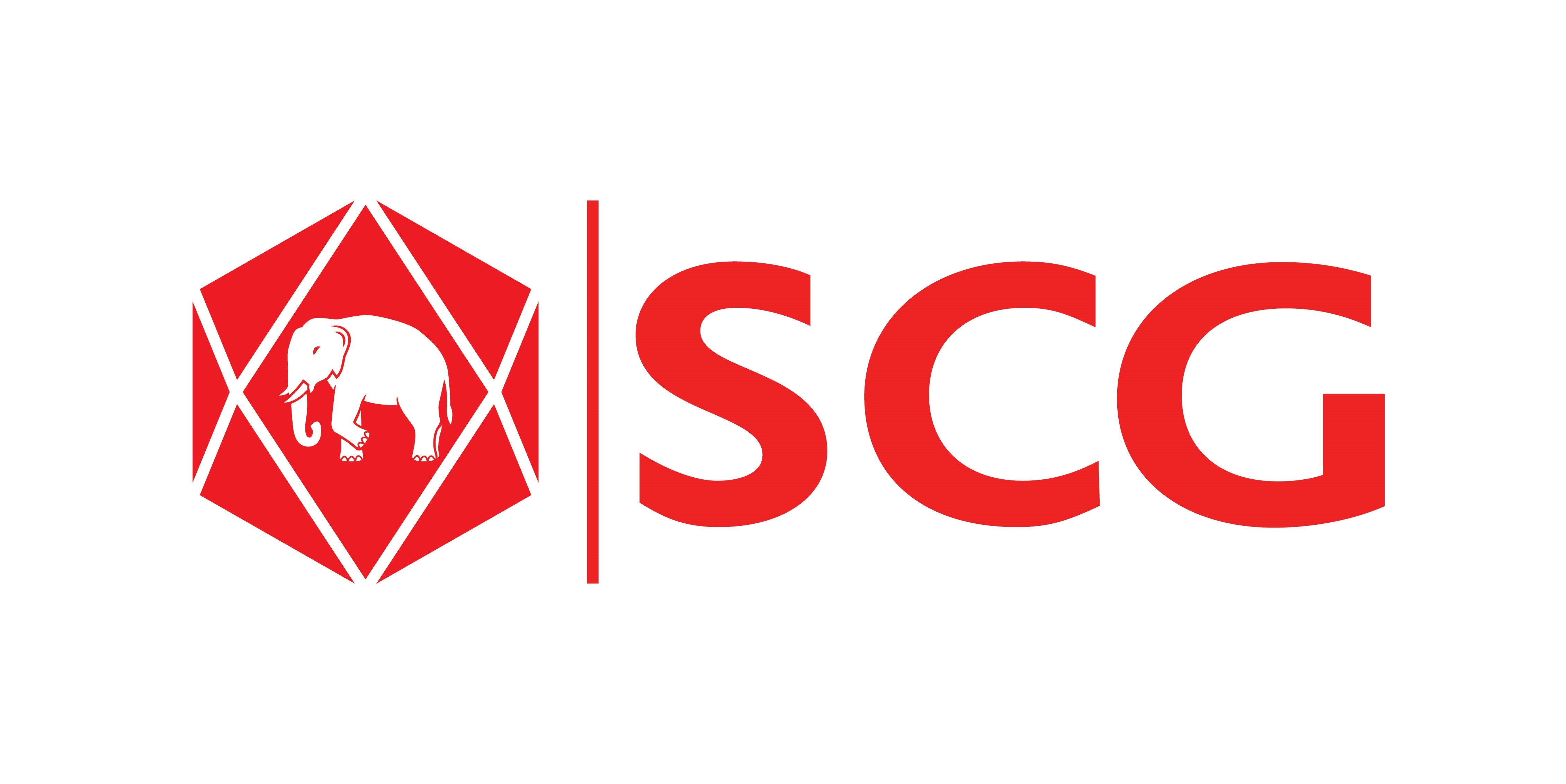
- Renewable energy, energy transition, energy storage and electrification
- Carbon capture and utilization to new materials and chemicals
- Integrated process development relating to the reducing carbon emission in heavy industries

SYMPOSIUM R: Green and Sustainable Chemistry: Opportunities for Academia and Industry
Chair: Prof. Joseph S.M. Samec
Co-Chair: Asst. Prof. Dr. Duangamol Tungasmita
Even if climate change may not stop us from using fossil fuels, the supply will within 50 years according to BP:s latest report (https://www.bp.com/content/dam/bp/business-sites/en/global/corporate/pdfs/energy-economics/statistical-review/bp-stats-review-2019-full-report.pdf). Thus, we will need to find a new feedstock for our needs for producing chemicals for: food-, material-, transportation-, pharmaceutical production. The non-eatable part of biomass, lignocellulose is such a source that grows widely in both agriculture (stems, husks, etc) and in forestry. In addition to this, chemists will need to build up fundamental understanding and develop new methodologies and processes. This symposium will discuss how academia and industry can collaborate to smoothen this transition and welcomes papers regarding topics on Green and Sustainable Chemistry: -from fundamental studies to industrial implementations.
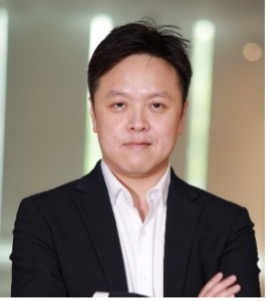
SYMPOSIUM S: Recent Advances in Synthetic Biology and Genome Editing (Webinar)
Chair: Dr. Verawat Champreeda
Synthetic biology plays a crucial role in bio-industry where cell factories convert a range of raw materials to a variety of products, including biofuels, biochemicals, biopolymers, and specialty functional compounds. Capability of living organisms on biotechnological application can be enhanced by using synthetic biology to improve their ability to use a wider range of substrates from 1st Gen (sugar & starch), 2nd Gen (cellulosics) and CO2, to synthesize new products, or make it tolerate to stressed operational conditions as well as to create new non-natural functionality. Genetic modification has been facilitated by the discovery of the CRISPR/Cas system, which leads to establishment of an efficient molecular tool for editing genomes of living organisms for desirable traits of interests. With the rapid development in omics technology and computational data analysis, synthetic biology is moving at a higher speed towards the design of cell factories with higher performances for target applications. These integrations of frontier technologies and knowledge advancement in recent years provide a platform for accelerating the scientist’s capability on creating new organisms with desirable properties for the new era of biotechnology. In this session, the seminar will cover frontier researches in the field of synthetic biology in various model organisms by leading scientists. The topics cover the study on genetic code expansion for reprogramming translational machineries in mammalian cells, design and engineering of yeast cell factories for production of bio-based chemicals, and bioengineering of the bacterial membrane vesicles for biomedical applications. The webinar will give examples of inspired researches in synthetic biology for researchers working in this field.
